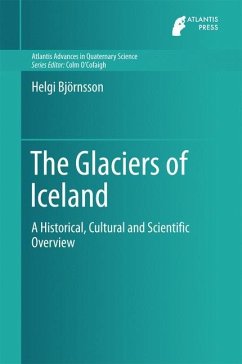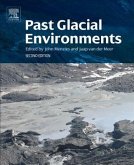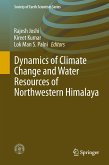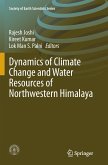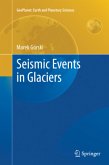This book is the first comprehensive overview and evaluation of the origins, history and current size and condition of all of Iceland's major glaciers (including Vatnajökull, the largest in Europe) at the beginning of the twenty-first century. It is not only illustrated with many beautiful photographs and graphs of recent statistics and scientific data, but is also a collection of historical writings and drawings from annals, sagas, folk tales, diaries, reports, stories and poems, as it presents a unique approach to the study of glaciers on an island in the North Atlantic. Balancing and comparing the world of man with the world of nature, the perceptions of art and culture with the systematic and pragmatic analyses of science, The Glaciers of Iceland present a wide spectrum of readers with a new and stimulating view of the origins, development and possible future of these massive natural phenomena, as well as the study and role of glaciology, within specific time lines and geographical locations. Icelandic glaciers the author argues could prove essential for understanding the current unsettling progress of global warming. The glaciers of Iceland, therefore, aims at presenting to a wide readership an original, historical, cultural and scientific overview of these geophysical features in Iceland while also suggesting increasingly important lessons and models for man's future interaction with the world's glaciers as a whole.
Bitte wählen Sie Ihr Anliegen aus.
Rechnungen
Retourenschein anfordern
Bestellstatus
Storno

